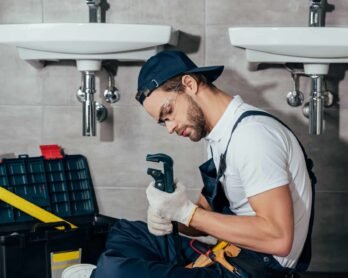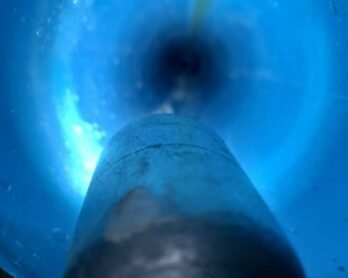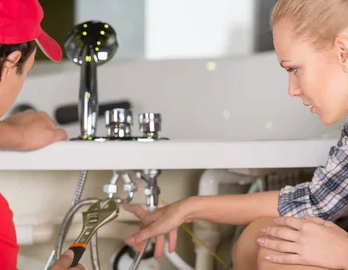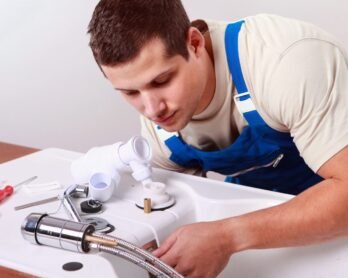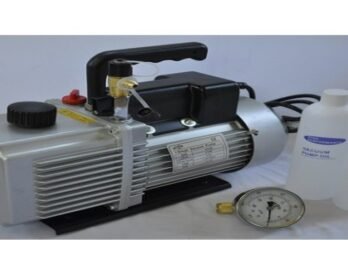Plumbing Emergencies: What to Do and When to Call a Plumber
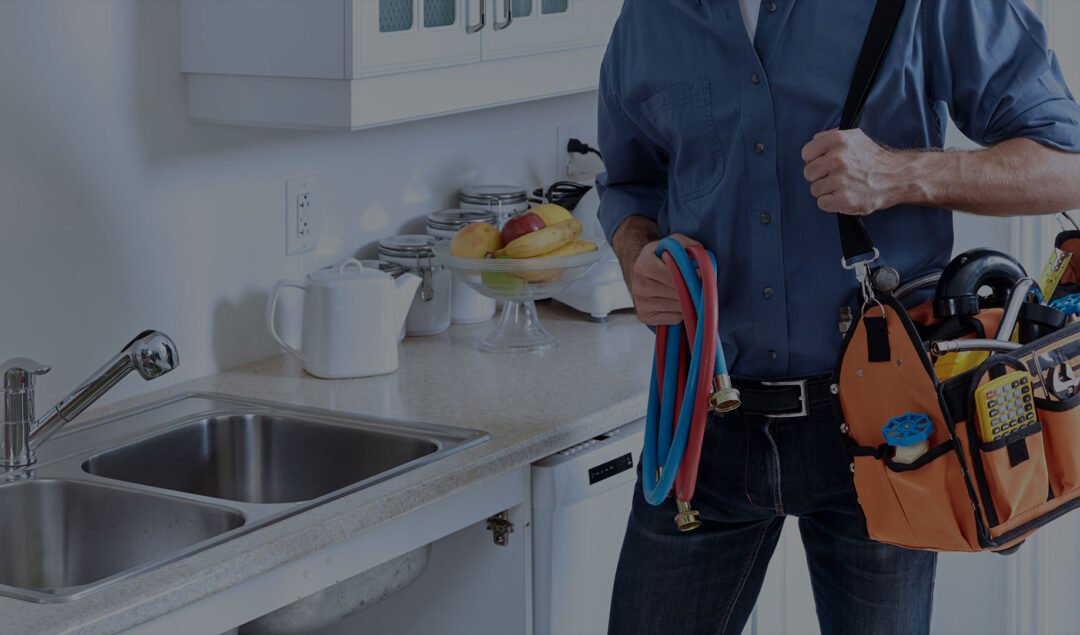
Are you familiar with the sinking feeling of a plumbing emergency? That sudden rush of panic as water floods your bathroom or kitchen, turning your day into a chaotic mess. Don’t worry, we’ve all been there! But instead of frantically grabbing towels and plungers, wouldn’t it be great to know exactly what steps to take in those moments? That’s why we’re here today to guide you through the world of plumbing emergencies with the help of best plumber Melbourne.
Your home’s plumbing system is a complex network of pipes, fixtures, and appliances that play a crucial role in your daily life. From providing clean water for drinking and cooking to managing wastewater disposal, plumbing keeps your household running smoothly.
However, like any other system, plumbing is not immune to emergencies. When a plumbing crisis strikes, knowing how to respond swiftly and effectively can save you from costly repairs and further damage.
From burst pipes to overflowing toilets, we’ll provide expert advice on what actions you can take yourself and when it’s time to call in the professionals. So grab a cup of coffee and get ready for some essential tips that could save not only your sanity but also potentially thousands of dollars in damages. Let’s dive right in!
What is a Plumbing emergency?
If you find yourself in a plumbing emergency, there are some things you should do to protect yourself and the property. If you can, turn off the water supply to the area affected by the emergency. This will help reduce the chance of flooding. If possible, remove any obstacles in the line of fire such as appliances or furniture. If there is water present, use a wet cloth to try and stop the flow. If it is not possible to turn off the water supply, open all faucets on one side of the house until you reach an outside faucet that can be turned off.
Next, call 911 and request backup from your local fire department. Once on scene, establish communication with best plumber Melbourne and ask them to report when they arrive. In most cases, if the water supply has been turned off and objects are not blocking the line of fire, your plumber should be able to unblock the pipes without incident.
If you find yourself in a plumbing emergency and cannot contact your plumber, it is important to know the ABCs:
A – Assess the situation. Use your sense of sight and smell to determine if there is a problem. If you cannot identify the problem, start with the basics: turning off the water supply, opening all faucets on one side of the house until you reach an outside faucet that can be turned off, and calling 911.
B – Break glass if necessary. If you are unable to turn off the water supply, use a broom or other object to smash glass in pipes in order to create an opening for water Masters. When breaking glass, use caution not to cut yourself.
C – Clear away debris. Once water is flowing and an opening has been created, use a plunger or bucket to clear debris from the line of fire. Try not to trap water under objects.
Signs of a Plumbing emergency
When you have a plumbing emergency, it’s important to remember the following signs:
- You experience an unusual smell coming from your home or business
- Water is leaking from pipes or fixtures
- You see water or sewage flooding your home or business
- You can’t turn on the water at all
- Your sewer or drain is backing up
- You can hear water running in the pipes
- You see black or green slime covering the walls or floors
How to diagnose a plumbing emergency
If you have a plumbing emergency, don’t try to fix it yourself. Call a professional plumber as soon as possible. Here are four signs that you need help:
- You can’t turn the water on or off
- The sink is backing up
- There’s water coming out of your faucet in strange places
- You hear strange noises coming from your pipes
There are a few things you can do to diagnose a plumbing emergency before calling a plumber. Check to see if the water is running slowly, and if so, see if there is debris in the plumbing.
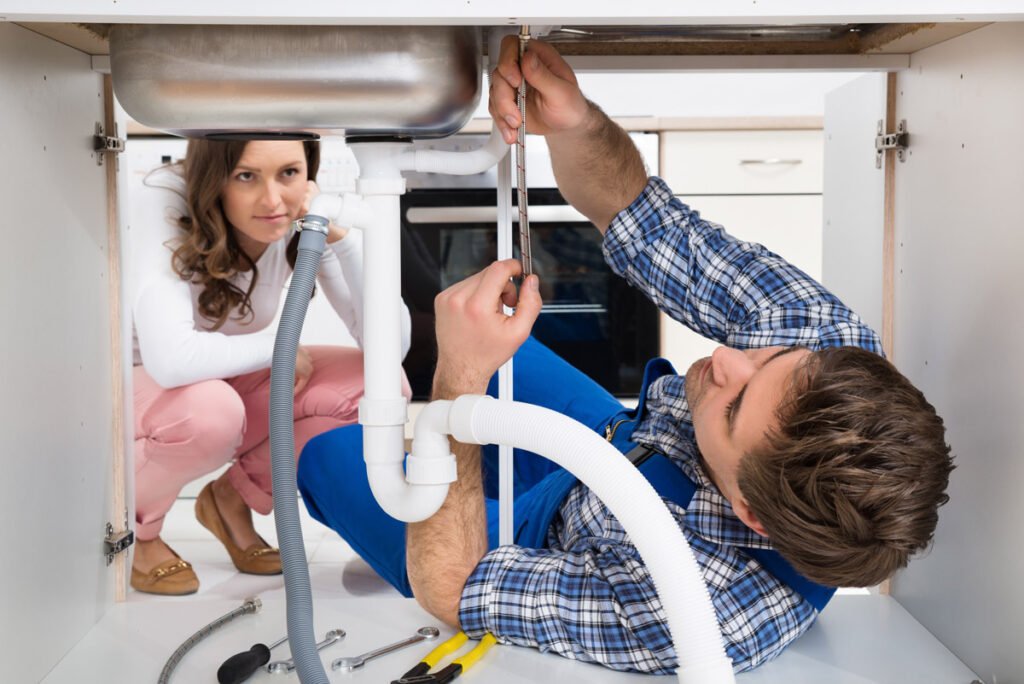
If there is water coming out of the faucet slowly or with debris, your Drainage system may be blocked which requires professional help. Another sign of a plumbing emergency is when you cannot get water to come out from any of the taps.
In this case, try turning off all of the water valves in the house and wait for 30 minutes. If the problem persists, call a plumber!
How to fix a plumbing emergency
If you have a plumbing emergency, act fast! Here are four steps to take when your pipes start to clog:
- Clear the obstruction. If the pipe is full of objects, remove them using a plunger or a vacuum cleaner. Do not use your hands!
- Shut off the main water supply. This will stop the flow of water and help clear the obstruction.
- Call a plumber. A plumber can use various tools to clear the obstruction and fix the leak. They may also be able to replace damaged pipes or fittings. Fees for this service vary, but expect to pay around $100-$300 per call for most repairs.
- Monitor the situation and be prepared to call a plumber again if necessary. Keep an eye on the drainage system and make sure it’s clearing any water quickly enough (a sign that there’s still an obstruction). If things continue to worsen, call a professional right away!
Remember, if you have a plumbing emergency, act fast! Clear the obstruction, turn off the main water supply, and call a plumber.
Dealing with Plumbing Emergencies: Swift Action and When to Enlist Professional Help
Plumbing emergencies can strike at the most inconvenient times, leaving homeowners flustered and unsure of how to proceed. Whether it’s a burst pipe, a flooded bathroom, or a malfunctioning water heater, knowing how to handle these situations promptly can save you from extensive damage and costly repairs.
When faced with a plumbing emergency, the first course of action is to shut off the main water supply. This crucial step can prevent further water damage and flooding. Familiarize yourself with the location of the main shut-off valve in your home beforehand. For minor issues like a clogged toilet or a small leak, you might be able to use temporary fixes like a plunger or a bucket to catch water. However, it’s important to understand your limits if the situation seems beyond your control, it’s time to call in a professional.
While DIY fixes can be effective for minor plumbing problems, certain issues demand the expertise of a licensed plumber. If you notice water backing up into multiple drains, foul odors, or slow drainage throughout your home, it could indicate a sewer line blockage. Likewise, a sudden drop in water pressure, consistently running toilets, or persistent dripping faucets might hint at larger underlying problems. Attempting to tackle complex issues without the necessary knowledge and tools can exacerbate the situation. In these cases, seeking the services of a qualified plumber is the wisest decision.
If the problem is small and can be fixed with common tools and supplies, try to fix it yourself. If the problem is bigger or more complicated, seek help from a friend or family member first. If that doesn’t work, call a professional plumber.
To determine whether you need professional help, take the following steps:
- Check for obstructions in the line by using a flashlight and looking for objects that are blocking the flow of water. Try to dislodge anything that may be blocking the pipe using a plunger or your hands.
- Shut off all water sources near the area of the problem before calling a plumber. This will cut down on potential damage caused by water spilling onto electrical equipment and flooring.
- Have an adequate supply of towels and rags ready in case of water leakage while the plumbers are working.
- Provide as much information about the problem as possible to your plumber when he or she arrives. This will help them diagnose and fix the issue faster.
Being prepared for plumbing emergencies and understanding the limits of your own abilities can save you from unnecessary stress and extensive damage. While small issues can often be managed temporarily, larger and more complex problems necessitate the intervention of a skilled plumber to ensure the long-term integrity of your plumbing system.
Conclusion
If you experience a plumbing emergency, it is important to know what to do and when to call best plumber Melbourne. If the water is coming out of the faucet slowly or not at all, turn off the main water valve in your home. This will stop the water from flowing into other parts of the home and allow it to be drained more easily. If there is an issue with your drainage system, this step may not be necessary. Calling a professional plumber at titanplumbingservices.com.au/ can be very helpful especially in case of emergencies. So make sure to choose the right company.

